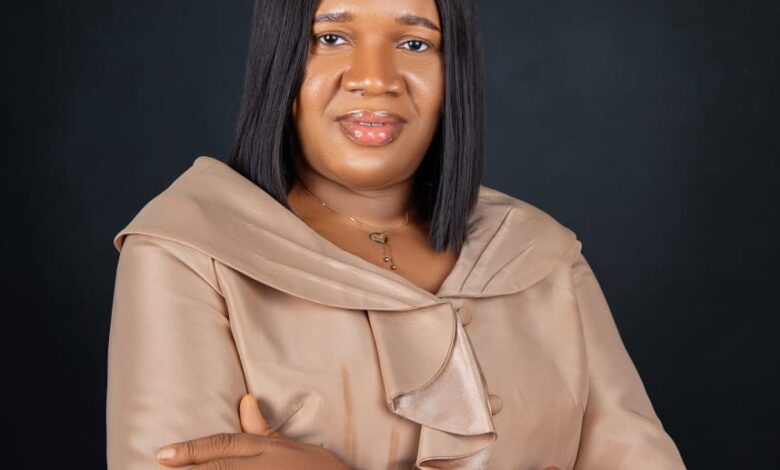Child Rights Advocate charges Nigerian leaders to prioritise children budgets
Child Rights Advocate charges Nigerian leaders to prioritise children budgets

By Prosper Okoye
Child rights advocate, Ngozi-Anih George, has called on Nigerian leaders to prioritise the welfare of children in budget planning and implementation.
Ngozi-Anih, who is the Director of Facado Orphanage Home in Abuja, made the call during an event to mark the Day of the African Child. This year’s theme is: “Planning and Budgeting for Children’s Rights: Progress Since 2010.”
She recalled that in 2010, African governments—including Nigeria—committed to placing children at the centre of national development plans and budgets. However, she noted that not enough progress has been made.
“As someone who works closely with children every day, especially those who have lost parents or been abandoned, I understand better than most that a child without family is not a child without hope. But that hope must be supported—not just with kind words, but with real action, careful planning, and responsible budgeting,” she said.
She stressed that budgeting for children’s rights goes beyond providing shelter.
“It means education, so they can break the cycle of poverty; healthcare, so they can live healthy, happy lives; protection from abuse and neglect; and opportunities to dream and succeed like any other child,” she added.
Ngozi-Anih highlighted the stark contrast between what is possible when children are properly supported and the reality many face when left out of development plans.
“I have seen miracles happen when communities, governments, and organisations come together with one goal: to protect and uplift children. But I have also seen the painful reality when children are forgotten—treated as afterthoughts rather than future leaders.”
She urged political leaders to include children’s voices in decision-making and ensure the most vulnerable—especially those in orphanages, on the streets, or in remote communities—are not left behind.
“Investing in children is not charity—it is a responsibility. Every coin spent on a child is an investment in Africa’s future strength, peace, and progress,” she said.
“To our leaders, we say: Do not plan for us without us. Let children be part of national development. Let us prioritise those in the margins.”
“To fellow caregivers and community members: We must work together to raise confident, educated, and empowered children. No child should be made to feel like a burden. The children we care for today are the doctors, teachers, engineers, and leaders of tomorrow. Their dreams depend on our planning and our actions now.”
Some children who attended the event also shared their thoughts.
Favour Ugwuagbo expressed mixed feelings about the celebration.
“The celebration doesn’t really have any impact on us—the children,” she said.
Another child, Jaybee Wealth Ben, expressed frustration over the government’s neglect of children in orphanages.
“The government has never really involved children, especially vulnerable ones in orphanages. Many of us are going through serious pain and challenges. Our voices need to be heard,” he said.
“Some of us have finished WAEC but have no resources to further our education.”
He added that commemorating the Day of the African Child should come with tangible support.
“On days like this, scholarships could be awarded to orphans, or practical help given to the less privileged.”







